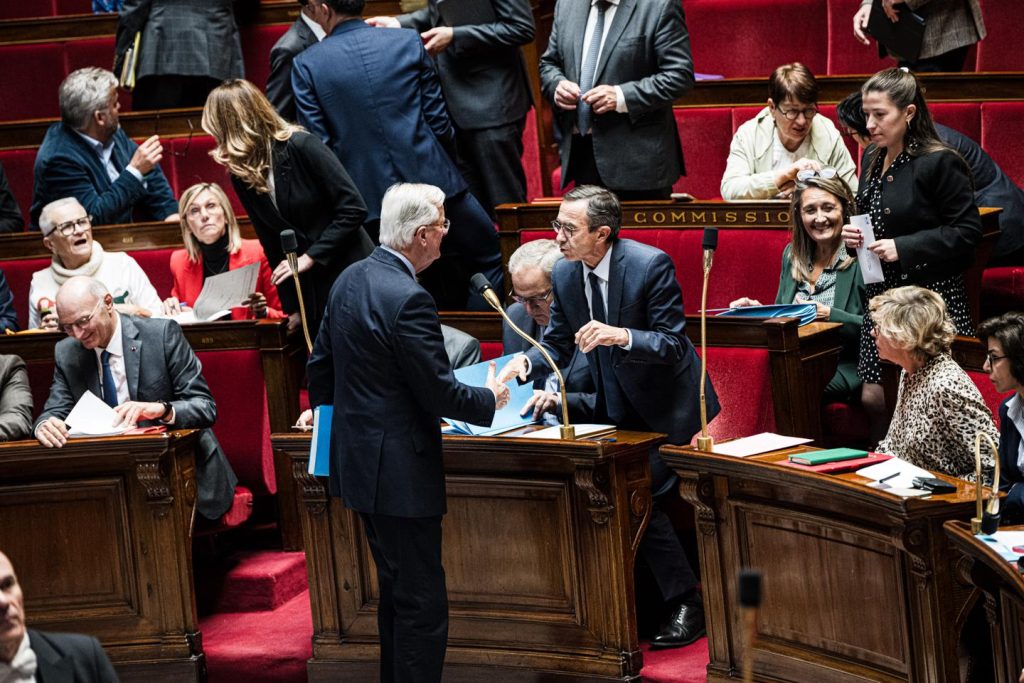The issue of immigration in France is a recurring theme in politics, with a new law on the subject being passed approximately every two years. Each new law is introduced based on the perceived failure of the previous one, even before its effects can be fully assessed. The government spokesperson, Maud Bregeon, confirmed on BFM-TV that a new immigration law would be introduced at the beginning of 2025, despite the fact that the previous law was promulgated less than nine months ago, with some key implementation decrees still pending.
The proposed new law aims to increase the maximum duration of detention for foreign nationals facing deportation to 210 days, up from the current 90 days. This proposal comes in response to the case of Philippine, a student who was killed on September 21. The main suspect in the murder, a Moroccan man with previous convictions for rape, had been released from a detention center due to a lack of prospects for deportation to his home country. The government also plans to include other measures in the new law to better protect French citizens.
During parliamentary debates on immigration laws, the conservative Senate – led by Bruno Retailleau, who was then president of the Republican group – significantly toughened the government’s bill by introducing measures such as ending automatic birthright citizenship, preferring national access to social benefits, tightening access to student residency permits or family reunification, and reintroducing the offense of illegal stay. Despite concerns that some of these provisions were unconstitutional, the government compromised to secure the passage of the law.
Following a dissolution of parliament and a change in government, France has shifted from an executive branch asking the Constitutional Council to revise an immigration law to one aiming to pass a new law with potentially similar provisions. The government argues that the previous provisions were rejected on technical grounds rather than substantive issues. While there may be some alignment with conservative and centrist lawmakers, the far-right National Rally party is threatening to challenge the government, as it did during the previous immigration law vote.
The ongoing debate on immigration policy in France reflects a broader political divide between proponents of stricter controls and those advocating for more liberal approaches. The government’s insistence on enacting a new law, despite the recent passage of legislation on the same issue, shows the complexity and sensitivity of immigration policy. The role of the judiciary in evaluating and potentially challenging these laws further complicates the process of addressing immigration issues in the country. The outcome of the proposed new immigration law remains uncertain due to the diverging perspectives and interests of different political factions in France.















